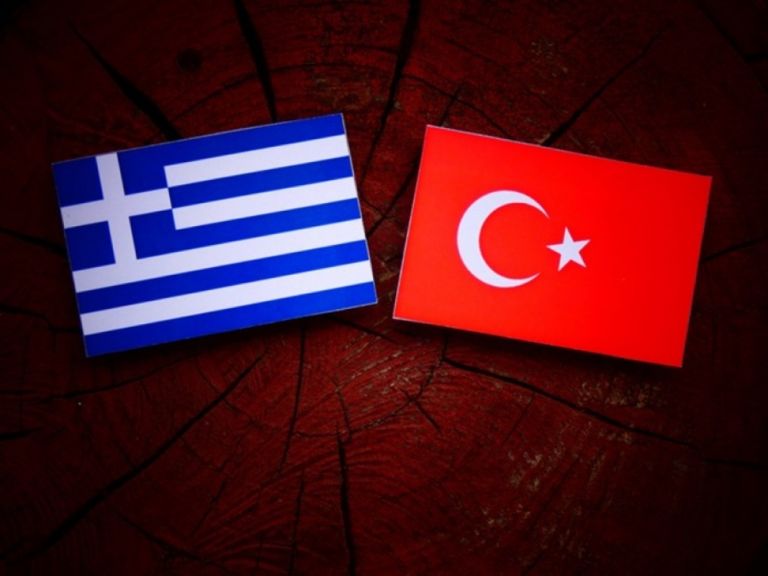Hague or Strategic Alliances?

Πηγή Φωτογραφίας: pixabay//Hague or Strategic Alliances?
Greece is standing at a decisive foreign policy juncture. According to Angelos Syrigos, Professor of International Law and Member of Parliament, the country has two realistic options when it comes to managing its complex relationship with Turkey:
Either turn to the International Court of Justice in The Hague, or build strong, binding alliances with third countries — excluding Turkey.
There is no third path.
The Hague: A legal avenue with limited guarantees
For Greece, taking the dispute to The Hague may seem like the most principled, rules-based approach. It reflects a commitment to international law and multilateral dispute resolution. However, as Syrigos highlights, this approach has serious limitations:
- Turkey does not recognize the court’s jurisdiction, nor has it signed the UN Convention on the Law of the Sea (UNCLOS).
- The Court can only adjudicate what both sides agree to submit — and Turkey resists even minimal framing.
- There is no enforcement mechanism if a country decides to ignore the verdict.
In essence, while The Hague offers legitimacy, it lacks teeth if one party refuses to play by the rules.

mitsotakis erdogan nato
Strategic Alliances: Building security through diplomacy
If The Hague is blocked or rendered ineffective, Greece must lean into its other option: Forging strategic partnerships with like-minded countries in the region and beyond.
This means:
- Concluding bilateral and multilateral agreements (especially in energy and defense).
- Strengthening military cooperation with states that view Turkey’s behavior as destabilizing.
- Enhancing regional influence through coordinated diplomacy and infrastructure.
These alliances offer not just political support but deterrence — a critical factor in a turbulent Eastern Mediterranean.
Not a binary — a dual strategy
Syrigos doesn’t argue for one path at the expense of the other. Instead, he makes the case for a combined strategy, where legal initiative and geopolitical pragmatism work hand in hand.
Greece must:
- Preserve its international credibility through lawful approaches.
- Invest in realpolitik by cultivating a network of cooperative powers.
- Avoid being dragged into a broad, undefined negotiation agenda, which is exactly what Turkey seeks.
Only a dual approach can secure both legitimacy and leverage.
Greece’s path must be clear — and firm
Greece cannot afford hesitation or ambiguity. The current environment demands that it either internationalize the dispute under legal terms or solidify its position through powerful alliances.
As Angelos Syrigos bluntly puts it:“Either we go to The Hague with a clear agenda — or we pursue binding agreements with other countries. What we must not do is stand idle or follow Turkey’s lead into open-ended negotiations.”
This is not simply a matter of diplomacy — it’s a matter of national strategy.
Source: pagenews.gr
Διαβάστε όλες τις τελευταίες Ειδήσεις από την Ελλάδα και τον Κόσμο






Το σχόλιο σας